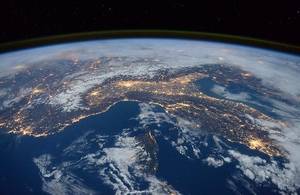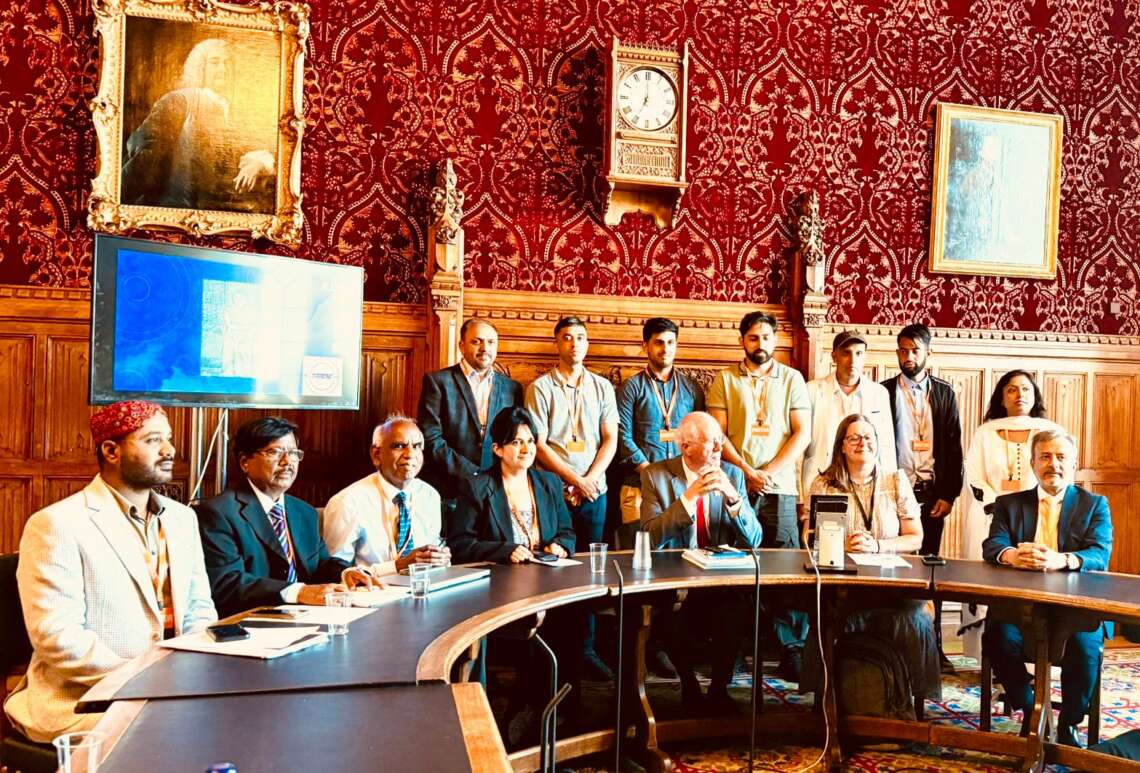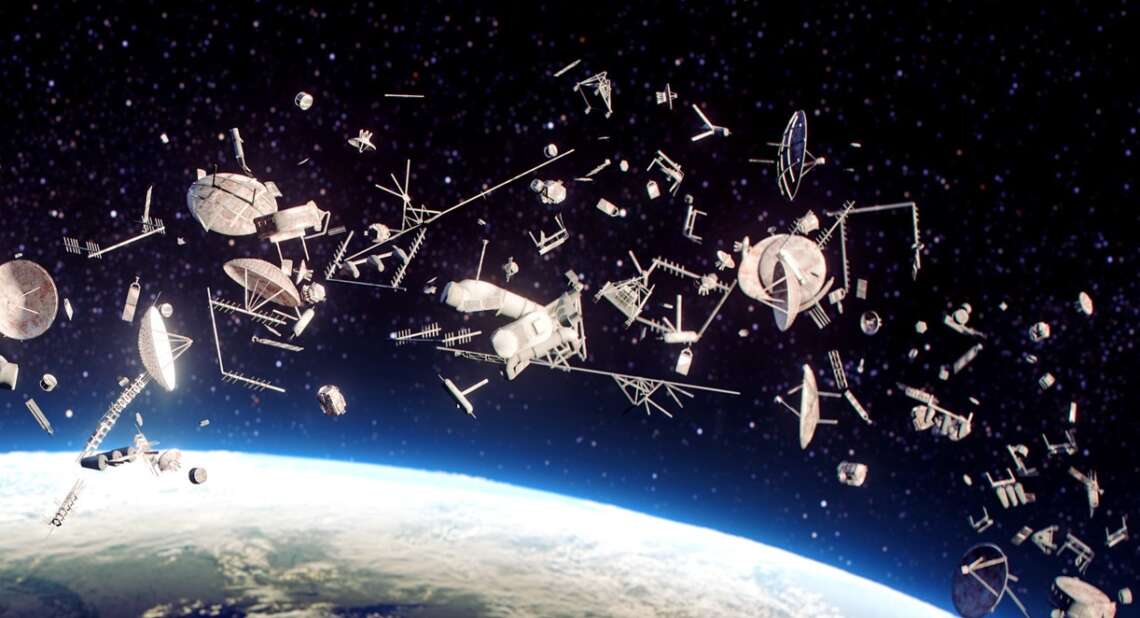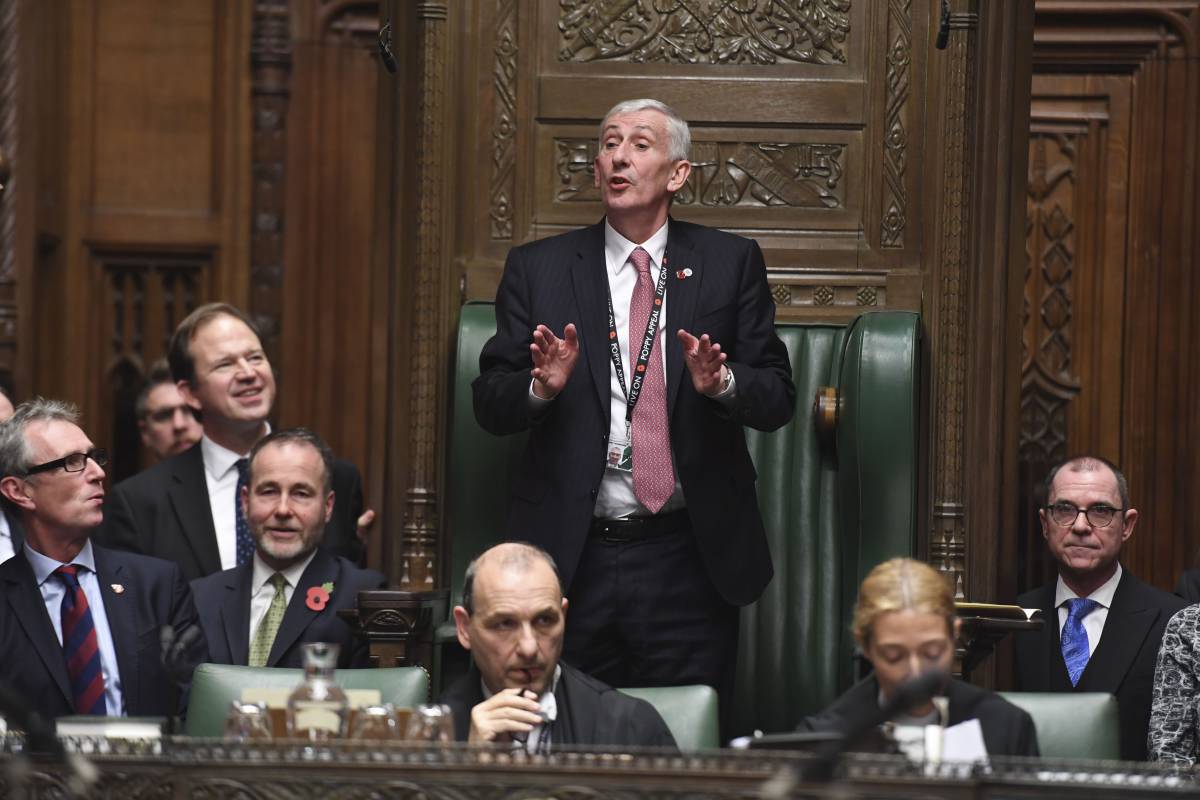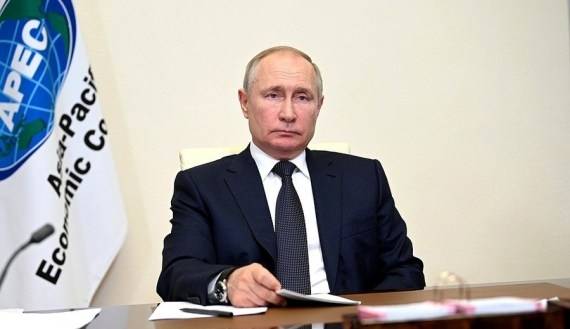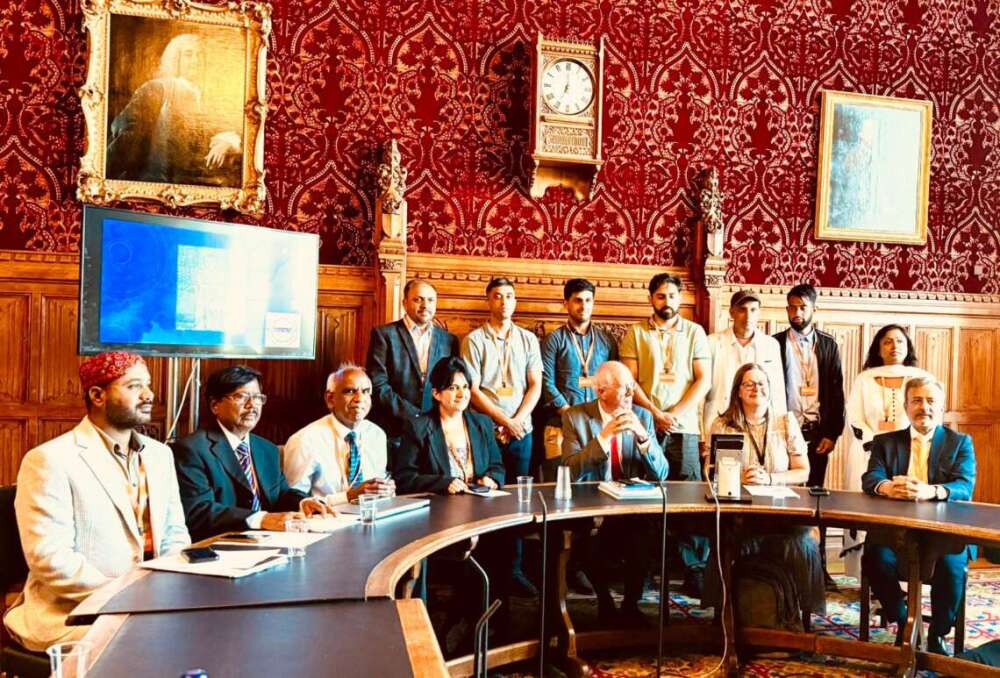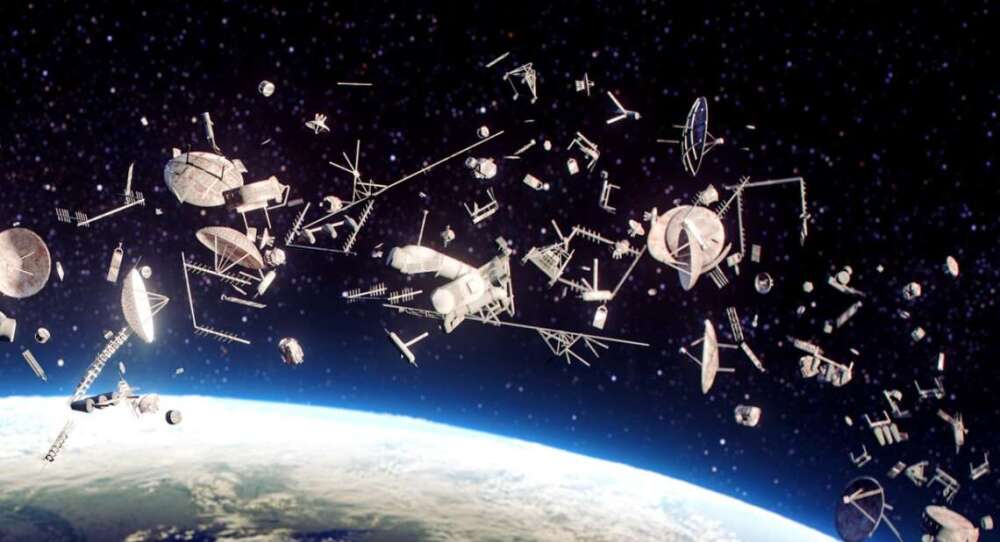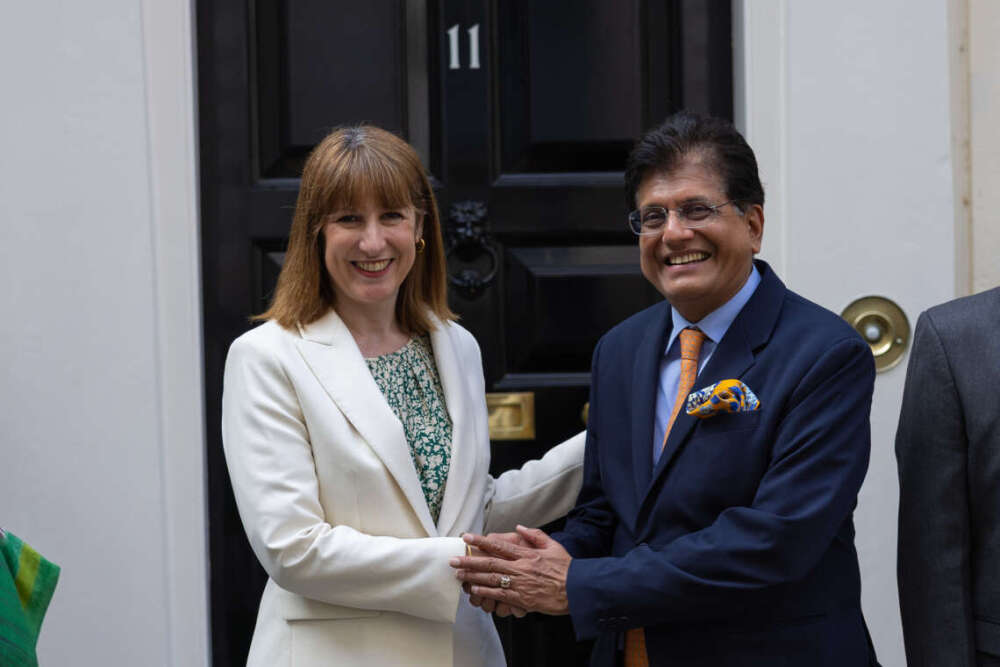In line with the UK Government’s commitment to increasing public and private R&D spending, investment in research and development saw a 19% boost to £836 million….reports Asian Lite News
Employment in the UK space sector hit 46,995 in 2020, up from 44,040 in 2019: an increase of 2,955 (6.7%).
Sector income increased in nominal terms from £16.4 billion to £16.5 billion, with exports counting for around a third (32%) of this total. Space manufacturing, including satellites, spacecraft, launch vehicles and scientific instruments, grew the most in real terms; up by £23 million to £2.27 billion.
In line with the UK Government’s commitment to increasing public and private R&D spending, investment in research and development saw a 19% boost to £836 million.
Levelling up the space sector is a key priority for the UK Space Agency and there are now 1,293 space organisations located across the UK, with Scotland responsible for around one fifth of the entire UK space workforce. Employment in the sector grew from 7,703 to 8,440 in Scotland, from 415 to 1,109 in Wales, and from 113 to 431 in Northern Ireland.
Spaceports in Scotland, Wales and England are expected to generate more jobs in the coming years, alongside the growth of regional space clusters, international investment, and emerging technologies such as in-space manufacturing and debris removal, supported by the National Space Strategy.
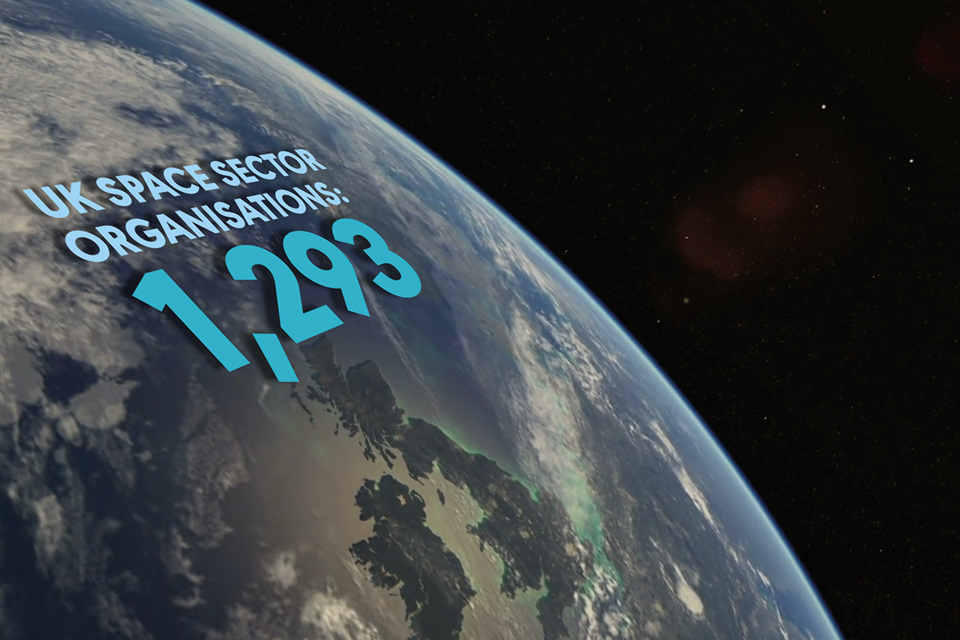
Science Minister George Freeman said, “The £16.5 billion space sector is a major contributor to a strong and secure UK economy, and it’s promising to see it generate thousands of new high-skilled jobs in the face of global economic headwinds. We’re backing this innovative and resilient industry through the largest ever increase to R&D spending, which includes a significant uplift to the UK Space Agency’s budget, and the delivery of the UK’s first National Space Strategy. As we support new SpaceTech clusters from Spaceports in Cornwall and Scotland to satellite manufacturing and robotics from Glasgow to Warwick to Stevenage, this will help level-up the UK. Looking ahead to the first satellite launches from the UK this year, this is an exciting time for this high growth sector up and down the country.”
The figures published today come from the ‘Size and Health of the UK Space Industry 2021’ survey, conducted by BryceTech on behalf of the UK Space Agency.
When adjusted for inflation, the total income of the sector dropped marginally in real terms by 1.7% in 2020, compared to a 9.9% drop in the wider UK economy over the same period, caused predominantly by the Covid-19 pandemic. Fewer live sports broadcasts had a negative impact on satellite broadcasting services, while travel restrictions temporarily reduced demand for mobile satellite services from maritime companies and airlines.
Despite these challenges, confidence within the sector remains high, with more than three-quarters (79%) of organisations predicting a rise in income over the next three years, 74% expecting further increases in employment, and more than half (53%) expecting growth in space exports.
Dr Paul Bate, CEO of the UK Space Agency, said, “The UK space sector has shown remarkable resilience in the face of challenges presented by the pandemic, thanks to the incredible efforts of all those within it, and its future is a bright and ambitious one. We continue to work closely with partners across the industry, with academia and our colleagues across government to catalyse further investment, deliver new space capabilities and missions, and champion space for the good of humanity. This will help us overcome challenges, drive forward the pace of innovation and bring tangible benefits to people and businesses.”


